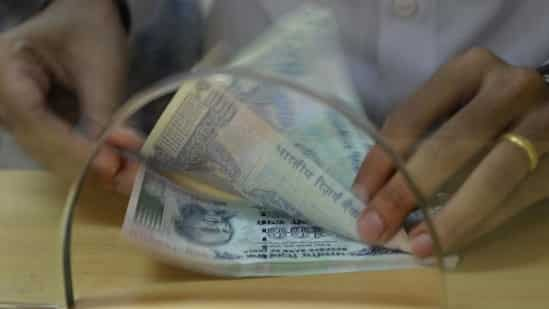India has a variety of online methods available for transferring money, including digital wallets and UPI. However, with increasing incidents of cyber fraud leading to monetary losses, it is important to consider more secure and accurate methods of bank transfers. In this regard, options like NEFT, RTGS, and IMPS can be particularly beneficial. These methods offer a greater level of security and reliability, making them a preferred choice for transferring large amounts of money. By choosing these trusted methods, individuals can ensure that their hard-earned money remains safe and secure during the transfer process.
Also Read | Banks to keep branches open till March 31 for annual closing
While all three methods, NEFT, RTGS, and IMPS, are equally beneficial and useful, each has its own set of advantages and disadvantages. To use these online fund transfer services, the sender must have basic bank account information such as the beneficiary’s name and their bank’s IFSC code. Though all three payment systems are used to transfer funds, they differ in a few ways. The Reserve Bank of India introduced NEFT and RTGS, while the National Payments Corporation of India introduced IMPS (NPCI).
Also Read | Depositors worried after RBI restricts ops of two banks
NEFT
– National Electronic Funds Transfer (NEFT) is a payment system that allows for one-to-one transfers of funds.
– With NEFT, people can electronically transfer money from one bank branch to another that is a participant in the payment system.
– Fund transfers via the NEFT system do not occur in real time and are settled in 23 half-hourly batches.
– To transfer funds via NEFT, you must first add beneficiaries to your required bank’s internet banking portal.
– There are no transaction limits for NEFT transactions. All NEFT transactions are subject to a fee, which ranges from Rs. 2.5 to Rs. 25, depending on the amount transferred.
RTGS
– Real-Time Gross Settlement (RTGS) is a payment system in which money is credited to the beneficiary’s account in real-time and on a gross basis.
– The RTGS system is designed primarily for large-value transactions that require and are cleared immediately. The minimum amount to be remitted through RTGS is ₹ 2,00,000/- with no upper or maximum ceiling.
– There are no additional fees associated with RTGS transactions and can be served both online and offline.
– RTGS services are available 24*7 and the transactions can be initiated from any location using internet banking.
IMPS
– Immediate Mobile Payment Services (IMPS) is a real-time instant inter-bank funds transfer system managed by National payment corporation of India.
– IMPS is available 24*7 including bank holidays.
– Through IMPS mobile platforms, users can only add beneficiaries by providing the receiver’s mobile number and MMID (Mobile Money Identifier).
– IMPS can be used to receive payments, make payments to other merchants, perform mobile banking transactions, and so on, in addition to transferring money from one bank account to another.
Consider these before initiating a fund transfer
Timing: The timing of each transfer will vary depending on the bank. The operating hours of RTGS will vary depending on the bank and location. IMPS and NEFT payment methods are available 24 hours a day, seven days a week.
Transaction fee: A transaction fee is charged when money is transferred. However, no fee is charged if you receive the money.
GST: As per the latest norms, GST will be levied on the transaction fee.
Network: For the transfer to take place, both banks must be a part of the scheme.
